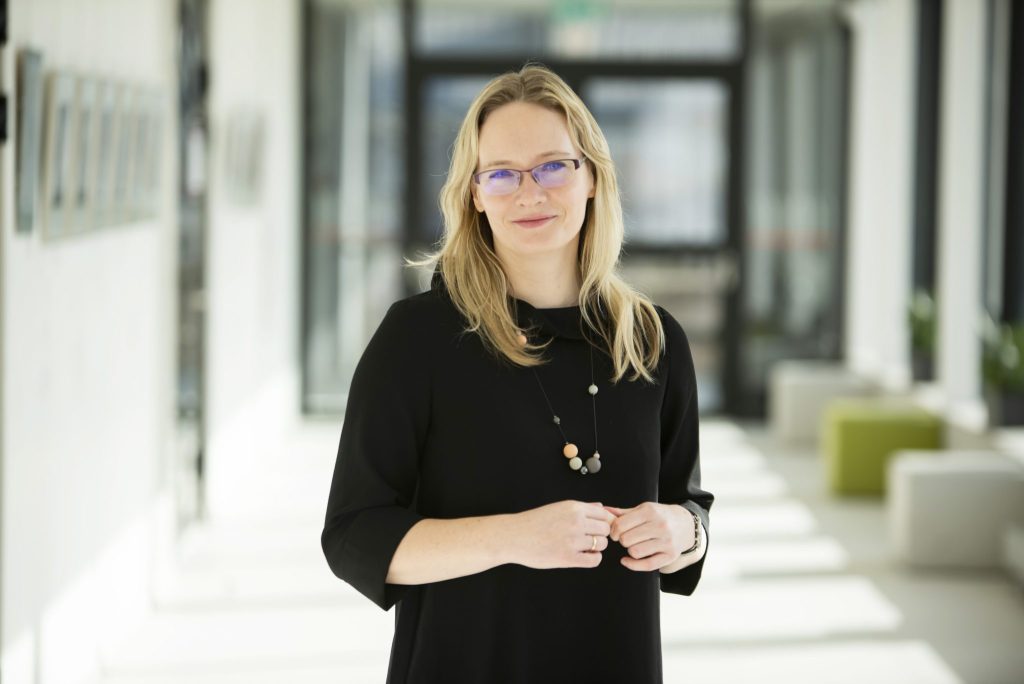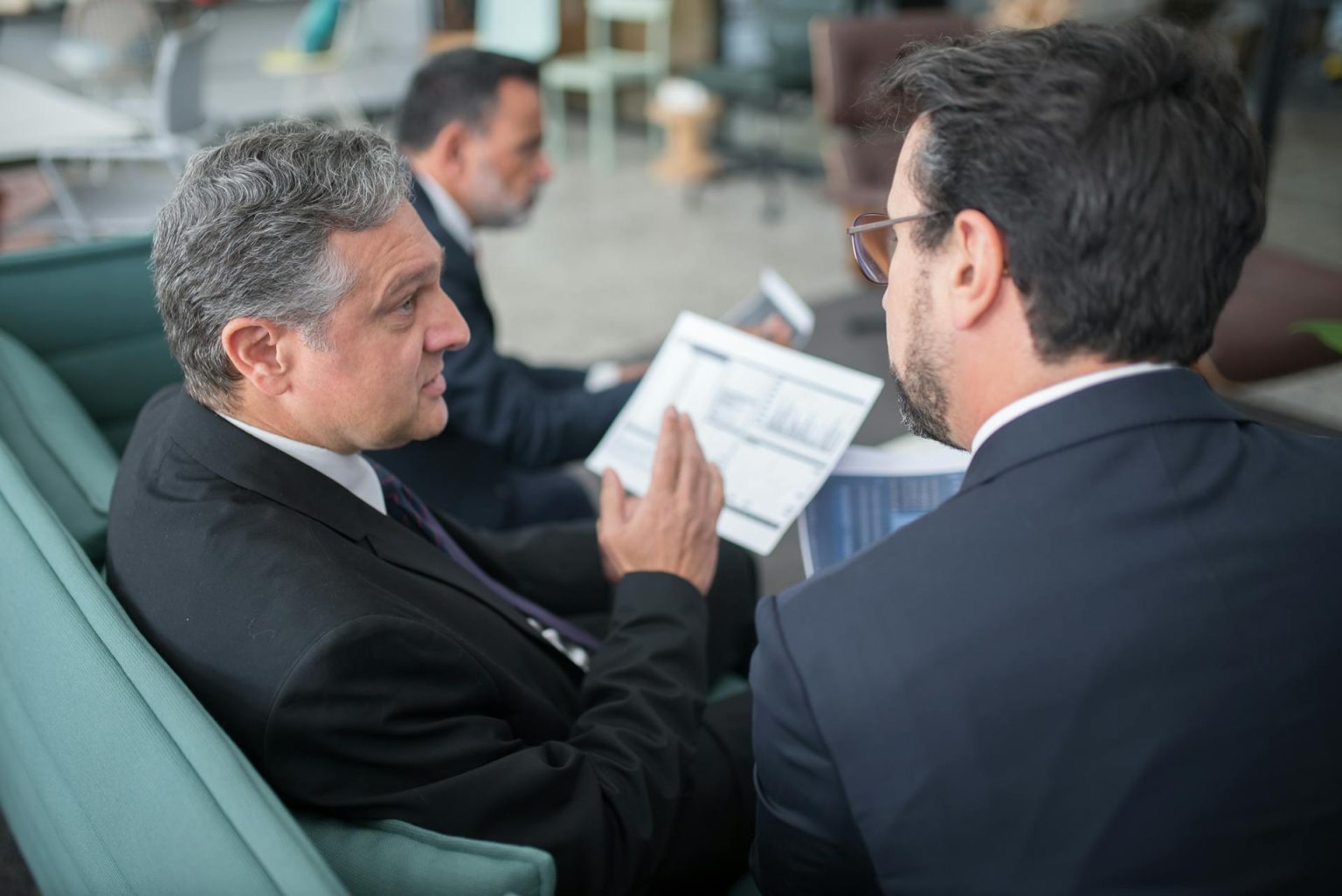Members of Lithuanian municipal councils prioritise economic activity over environmental quality and social issues. Global issues, such as climate change, are generally given higher priority in city councils than in rural councils. In general, the culture of local government in Lithuania is changing. These are the findings of a study conducted by the Vytautas Kavolis Transdisciplinary Research Institute at Vytautas Magnus University (VMU).
A team of researchers from the Institute, who have been working in the field of local government research for over a decade, analysed how the political leadership of municipal council members, the functions of politicians, and their relationships with communities are changing following the 2023 municipal council and mayoral elections, as well as the amendments to the Local Self-Government Act that came into force. This analysis was conducted as part of the project entitled “How the role of local politicians in local government is changing: leadership, institutions, and communities”.
“The new institutional order has shifted the balance of power between the council and the mayor. This forces us to reconsider how politicians perceive their responsibility towards communities and how decisions are made at a local level”, says project leader Dr Jurga Bučaitė-Vilkė.

While mayors have become more focused on executive power, members of municipal councils have become more focused on political decision-making. This shift in focus raises questions about the quality of democracy, the representation of the population and the empowerment of local communities. This study examined how politicians understand their own roles, how various interest groups’ positions are reconciled, the influence strategies used, and the effect of these processes on local democracy. It also compared Lithuania’s experience with local government models in other European countries.
Economic Development – the Main Priority
An electronic survey entitled ‘Members of the Lithuanian Council’ was conducted between January and March 2024. The survey targeted all members of Lithuanian municipal councils elected on 5 March 2023 during the municipal council elections.
Of the 1,498 council members, 694 local politicians (46.3% of all council members) participated in the survey, demonstrating a high level of interest in the role of local politicians in local government. The survey revealed that 72.7% of respondents identified economic development as the most important goal on the local political agenda. 59.3% of respondents considered fighting poverty and social exclusion to be a key priority, while 46.1% considered improving mobility infrastructure and services to be a key priority.
“These results reveal a rather narrow economic perspective, in which development is most often associated with expensive infrastructure projects. This poses the risk of social and other important issues being overlooked”, notes researcher Viktorija Baranauskienė.

The survey data revealed that the majority of Lithuanian municipal councillors (particularly those in urban areas) consider the development of municipal economic activity and the accessibility of services to be extremely important. However, goals related to territorial development and environmental improvement are not equally relevant to all council members. This depends on factors such as the municipality’s geographical location, socio-economic and demographic indicators, the interests of the local community, businesses and political parties, and financial or other bureaucratic constraints.
The results revealed significant differences between the centre and the periphery (urban and rural areas). Members of municipal councils in metropolitan regions and large cities are significantly more concerned with local government agenda items related to global issues, such as combating climate change. They prioritise aspects of urban development in their territories. By contrast, local politicians in peripheral municipalities tend to prioritise local issues such as improving public service accessibility and mobility infrastructure.
The Democratic Process – Between Formality and Real Inclusion
Interviews with politicians and community representatives revealed that municipal councils frequently adopt a formal approach to decision-making. Residents and communities frequently encounter bureaucratic obstacles, while opposition politicians tend to highlight issues with the quality of democracy. “Resident participation in local government often becomes merely symbolic. Rather than actually involving communities in public discussions, politicians tend to legitimise decisions that have already been made”, says Dr. Ieva Dryžaitė.

The latest survey results reveal that Lithuanian municipal councillors have different understandings of local democracy: some are more supportive of representative democracy, while others favour participatory democracy. The survey data show that politicians’ attitudes depend on gender and age: women and younger councillors are more in favour of residents’ involvement in local government processes.
Researchers emphasise that democracy at the local level is understood not only through elections, but also through broader forms of public participation and discussion. Politicians who value the principles of deliberative democracy tend to promote the institutionalisation of participatory practices. The study also showed that the role of local politicians encompasses various responsibilities, ranging from conflict mediation to representing the community and setting the municipal agenda.
Our research shows that local politicians’ understanding of democracy directly affects their willingness to involve citizens in decision-making processes. Studies of local government show that local politicians in Lithuania are still searching for their role. This change is important not only for the quality of democracy, but also for the population’s trust in the government. It is a significant indication of the evolving culture of local governance in Lithuania”, summarises project leader Dr. Jurga Bučaitė-Vilkė.
The project “How the role of local politicians in local government is changing: leadership, institutions, and communities” (LOKAPOL, No. S-MIP-23-17) is being implemented by a team of researchers from the Vytautas Kavolis Transdisciplinary Research Institute at VMU: Assoc. Prof. Jurga Bučaitė-Vilkė, Prof. Aistė Lazauskienė, Viktorija Baranauskienė, Dr. Ieva Dryžaitė, and Viktoras Andrejevas.


